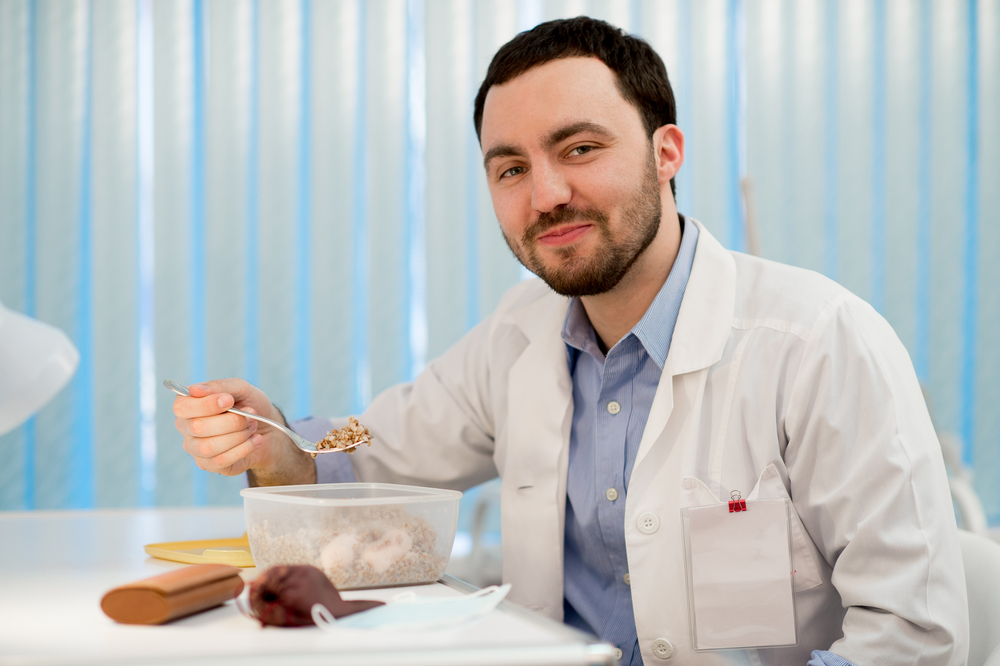
We already know from previous research that gifts from pharmaceutical companies—like theater tickets, vacations, and meals—affect doctors’ prescribing habits, causing them to recommend more brand-name drugs.
According to a new study published in JAMA Internal Medicine on June 20, it actually doesn’t take much—even a single free meal, which on average cost less than $20, could sway a doctor to choose the more expensive name brand over a generic option. Such results put into question whether medical professionals are actually as altruistic and patient-centered as they are purported to be.
The researchers examined federal data tracking Big Pharma’s payments (or gifts) to doctors and compared that with doctors’ prescribing habits of drugs paid for by Medicare Part D drug benefit for the elderly, according to the Wall Street Journal. The study focused on three brand-name cardiovascular drugs and one antidepressant. For each drug, there was a cheaper generic alternative available.
According to the study’s findings, it doesn’t take being wined and dined with steak and caviar to affect which drugs a doctor will prescribe to a patient. Overall, even a cheap meal paid for by a drug company increased the probability that a doctor would prescribe the company’s drug, compared with doctors who did not receive free food or beverages.
In 2002, the Pharmaceutical Research and Manufacturers of America (PhRMA) adopted a voluntary code encouraging companies to rein in doctor incentives. However, the new code addressed more lavish gifts like vacations and golf tournaments, but not modest meals. According to the WSJ, Big Pharma sales representatives continue to bring food and beverages to doctors’ offices in an effort to get face time and promote their brand as well as pay for dinners where they can discuss and promote their drugs.
“I don’t think there is a doctor out there who thinks, ‘I can be bought for a hero or a slice of pizza,’” said lead author and professor R. Adams Dudley of the University of California, San Francisco. But it’s only natural for doctors who receive gifts like free food to return the favor by listening to a drug sales pitch, he told the WSJ. As a result, it’s not uncommon for a doctor to prescribe the pricier brand-name drug over a more reasonably priced generic.
